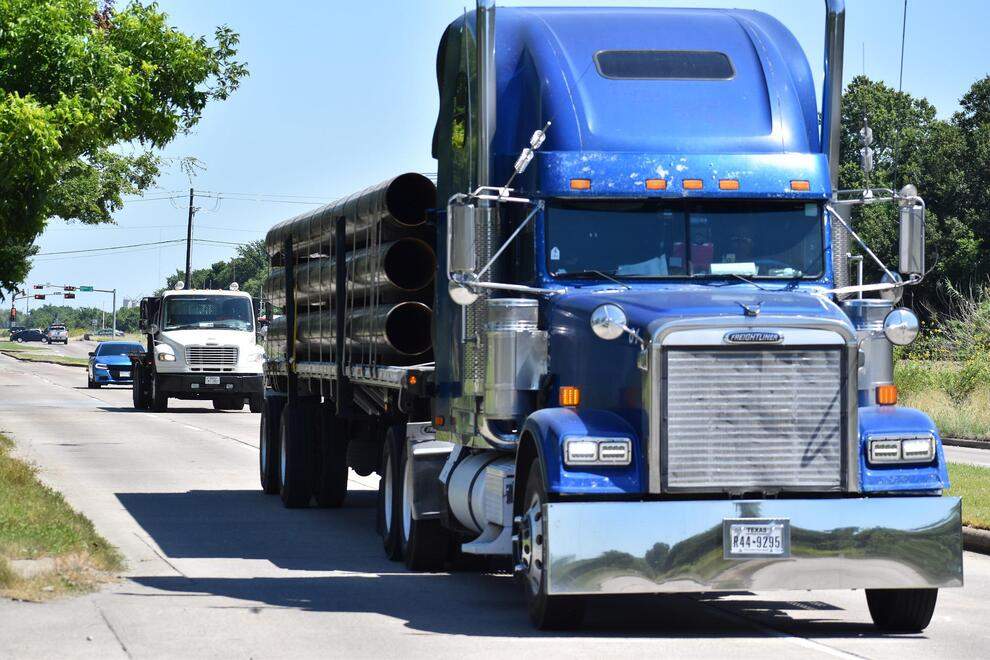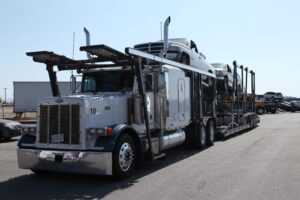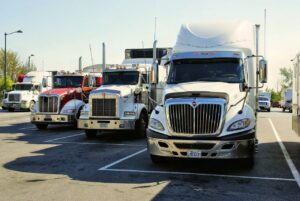If you aren’t familiar with the world of heavy hauling, you might wonder what makes it necessary. What kinds of jobs qualify as heavy hauls? What loads typically require heavy haul permits? Our experts answer these beginner questions all the time and have answers that can clarify the industry’s inner workings for you.
What is heavy hauling?
The term “heavy hauling” refers to the hauling of any load that exceeds the legal limits for weight or size. Heavy hauling, therefore, can refer to hauling loads that aren’t actually all that heavy. There are only two criteria that determine if a load is a heavy haul: if it exceeds a legal limit on weight or size, and if it is divisible. If the load exceeds a limit and can’t be broken down into smaller parts, then it’s a heavy haul.
What are the most common heavy haul loads?
Heavy hauls come in all shapes and sizes, but there are a few types of loads that crop up frequently. Certain industries and agencies rely heavily on heavy haulers. Here are just some of the most common types of heavy haul loads:
Large Equipment
Heavy industry forms the backbone of much of the American economy, and it relies heavily on huge pieces of equipment. These pieces of equipment are rarely built on-site; the machinery used to manufacture, say, mining equipment is itself huge and expensive. So, heavy equipment is one of the most common orders that heavy haulers get. This equipment can range from huge diggers and harvesting equipment to boilers for the restaurant industry.
Construction Materials
Construction materials are also a very common type of load for heavy haulers. With these materials, the reason why they qualify as heavy hauls is often not weight-related but rather size-related. Heavy haulers are often tasked with shipping large beams and pipes whose length exceeds the legal limits. These overlength loads are heavy hauls, too, and they help the construction industry build houses, bridges, and much more.
Vehicles
Many people don’t think about this, but many huge vehicles are not legal to drive on Interstates and other roads. It may also be the case that the owner of a large truck needs their truck hauled to a mechanic or doesn’t want to put miles on it. Because of this, many heavy hauls involve other vehicles. If you’ve ever seen a dump truck strapped down to a flatbed trailer, then you’ve seen a heavy haul in action!
There are many other types of heavy hauls out there that occur every day, from military equipment to energy infrastructure. However, they all have one thing in common: they require the right overweight or oversize permits to get their job done legally.






